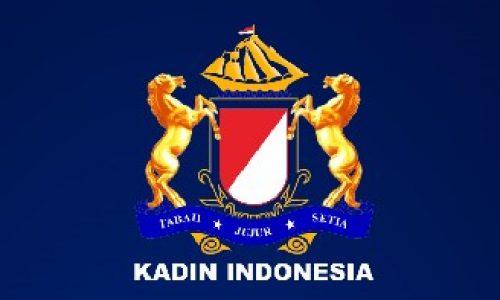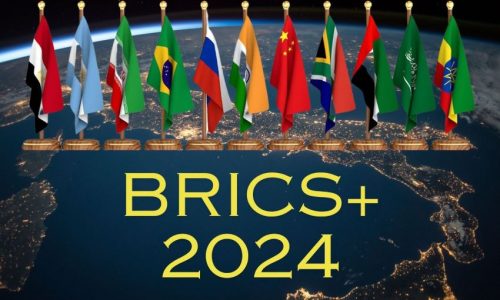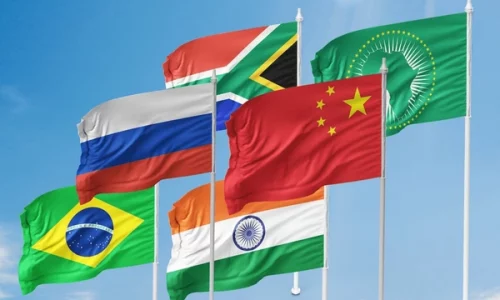Indonesia, Malaysia, and the European Union (EU) have reached an agreement to establish an Ad Hoc Joint Task Force (JTF) concerning the European Union Deforestation Regulation (EUDR). This agreement was reached after the three parties held a meeting in Jakarta on Friday, August 4, 2023.
The meeting was co-chaired by Musdhalifah Machmud, the Deputy for Food and Agribusiness Coordination at the Coordinating Ministry for Economic Affairs, Dato’ Mad Zaidi bin Mohd Karli, the Secretary General of the Ministry of Plantation Industries and Commodities of Malaysia, and Astrid Schomaker, the Director for Green Diplomacy and Multilateralism at the European Commission.
In an official statement released on Saturday, August 5, 2023, it was mentioned that the agreement to establish the Ad Hoc JTF was made in relation to the interest of both producing and consuming countries of agricultural and forestry products.
The Ad Hoc JTF is established to address concerns raised by Indonesia and Malaysia regarding the implementation of the EUDR and to identify relevant solutions and practical approaches for its implementation.
This task force will establish a relevant dialogue and working mechanism led by each government to foster mutual understanding about the regulation’s implementation and core aspects, including comparisons.
Musdhalifah stated that the meeting was held to achieve a shared understanding, while Mad Zaidi emphasized that cross-sector collaboration should be pursued for the best solutions.
Progress in reducing deforestation
Schomaker noted that Indonesia and Malaysia have made progress in reducing deforestation and welcomed the sharing of information and clarifications about the regulation.
The three parties also agreed on the terms of reference for the Ad Hoc JTF, encompassing work on several crucial issues such as farmer inclusivity in supply chains, relevant national certification schemes (land legality and deforestation timelines), traceability from producers to end consumers, scientific data on deforestation and forest degradation, and data protection.
The JTF Ad Hoc will conclude its tasks by the end of 2024 and may be extended based on mutual agreement.
The EUDR purpose
Previously, European Commission had previously introduced the EUDR policy, requiring exporters to verify that their products do not originate from deforestation activities.
The targeted export products under the EUDR include palm oil and its derivatives, charcoal, cocoa, coffee, soybeans, beef, wood, rubber, paper, and leather.
The regulation aims to ensure that the consumption and trade of these products do not contribute to forest felling and ecosystem destruction. In case of violations, exporters could face fines of up to 4% of their earnings from the European Union. Indonesia had protested the EUDR policy, considering it highly discriminatory as it would impact Indonesia’s trade of products to the European Union, including coffee, palm oil, pepper, chocolate, and rubber.









